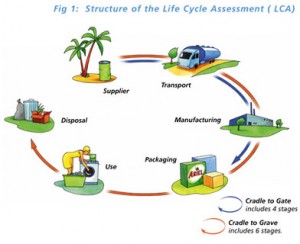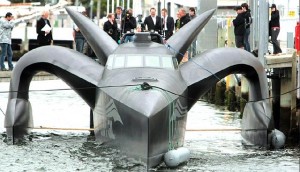
Evolving Co-creatively, Beyond Conflict.
A place to encourage our understanding of space
in the fluid flow of nature.
in the fluid flow of nature.
Is it possible to understand what gets in the way of human understanding?
That is the question we are asking ourselves as we invite you to participate in the development and communication of a natural awareness that we call ‘inclusionality'.
We think that inclusional understanding , a natural capability that can be “re-awakened” in all of us, can radically transform the way we think, feel and behave, enabling us to live more harmoniously in sustainable dynamic relationship with our living space and one another.





